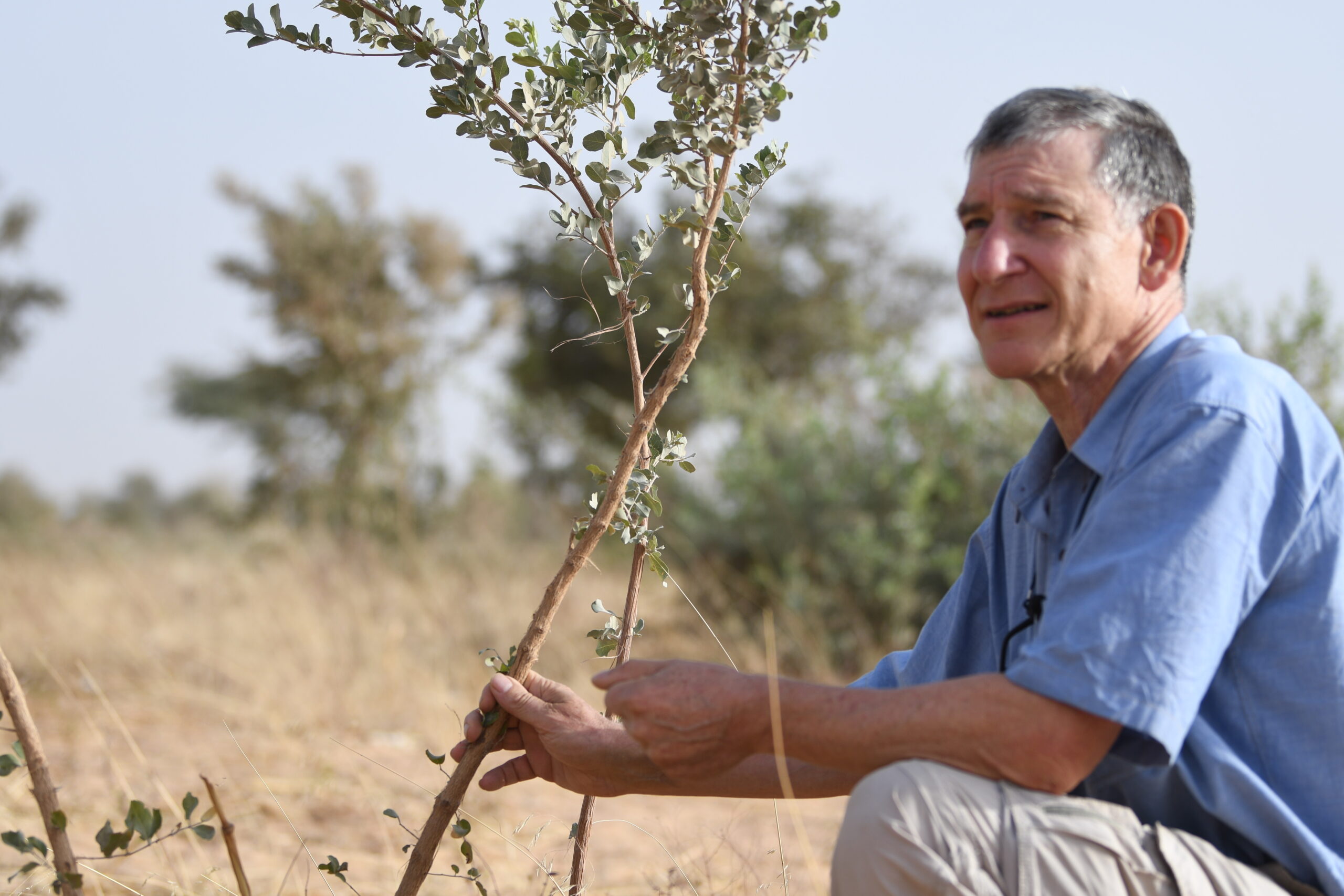Conservation medicine
I recently spent a week in the Caribbean at the invitation of Saint Luke Society, an extraordinary group of medical personnel who are committed to serving some of the neediest communities in Central and South America. From Mexico to the Straits of Magellan, these heroes for the gospel are pouring themselves out to provide safe refuges for abused women and children, drug rehabilitation to the broken, and often the only medical care available to desperately poor communities.
The conference field trip to the shanty fringe of Santa Dominica illustrated some of the challenges. We met a few of the 50,000 people who rely on St Luke’s clinic for all their medical care and some of the several hundred children who without the St Luke’s school would be left to wander the (very unsafe) streets all day long.
Normally, when I lecture on environmental degradation or the biblical basis for creation care it is either to a conservation audience convinced of the crises but sceptical about the significance of faith, or to Christian groups whose faith is strong but who wonder what the physical health of the planet has to do with them!
In Europe and the USA, privileged listeners have often challenged me by saying something like this: ‘Conservation is OK for us in the rich west, we can afford to be environmentally aware, but what about the poor – they can’t afford to care – can they?’
And so I gathered data, graphs and illustrations making the case that we are far surpassing planetary boundaries for the sustainable use of the planet. The resulting slides were a litany of bad news:
- impacts of climate change – with increasingly ferocious storms, shifting long-term rainfall patterns, droughts and floods
- the number of migrants displaced by environmental degradation predicted to be 200 million by 2050
- 40,000 premature deaths in the UK each year due to air pollution
- A 99% decline in Indian Vultures in just a decade, leading to huge numbers of decomposing cattle carcasses and a rapid proliferation of feral dogs carrying rabies
- Lake Malawi’s bilharzia burden increasing due to growing populations of the snail vectors, as the snails’ natural predators are fished out.
I also armed myself with a powerful quote from Dr Paul Brand, a pioneering American doctor working with leprosy patients in India:
‘I would gladly give up medicine tomorrow if by so doing I could have some influence on policy with regard to mud and soil. The world will die from lack of pure water and soil long before it will die from a lack of antibiotics or surgical skill and knowledge.’
I needn’t have worried about persuading my audience. The group showered me with symptoms of environmental malaise from their own experience: unreliable rains, floods, failed harvests, changing disease patterns and communal strain as natural resources start to fail. They also spoke of the effect on the poorest of environmental dysfunction, with the strong message that it is the richer, insulated West that is not taking its environmental responsibility seriously, while the poor live with the consequences.
But it was God’s story of love and so, ultimately, hope for the planet, that resonated most deeply with the doctors and community workers. They already felt in their bones that human flourishing is only possible in a healthy environment, but now they saw their own yearning for responsible creation care coming straight out of the pages of Scripture.
Many described a feeling that the pieces of a jigsaw were finally falling into place as we looked at the first chapter of Colossians and took seriously the ‘all things’ reconciled by Christ. Christ reversed the consequences of mankind’s sin at the fall; restoring relationships between people, God and the Earth. The ministries represented at the conference are working this reconciliation out in their communities. Those who already have an environmental component to their project went home encouraged and many others declared a new desire to integrate creation care into their medical work. So I also came home encouraged!
We are happy for our blogs to be used by third parties on condition that the author is cited and A Rocha International, arocha.org, is credited as the original source. We would be grateful if you could let us know if you have used our material, by emailing [email protected].



